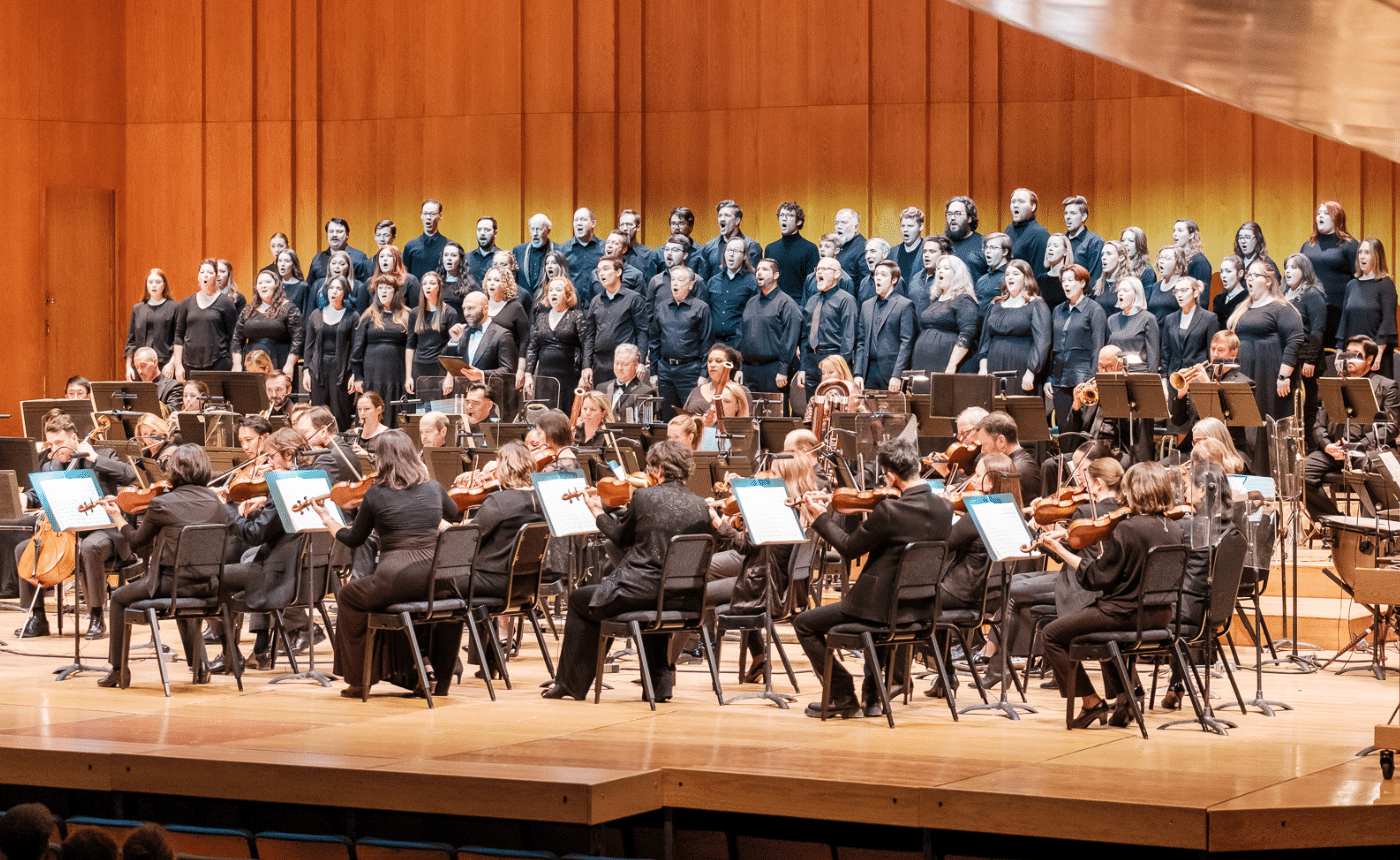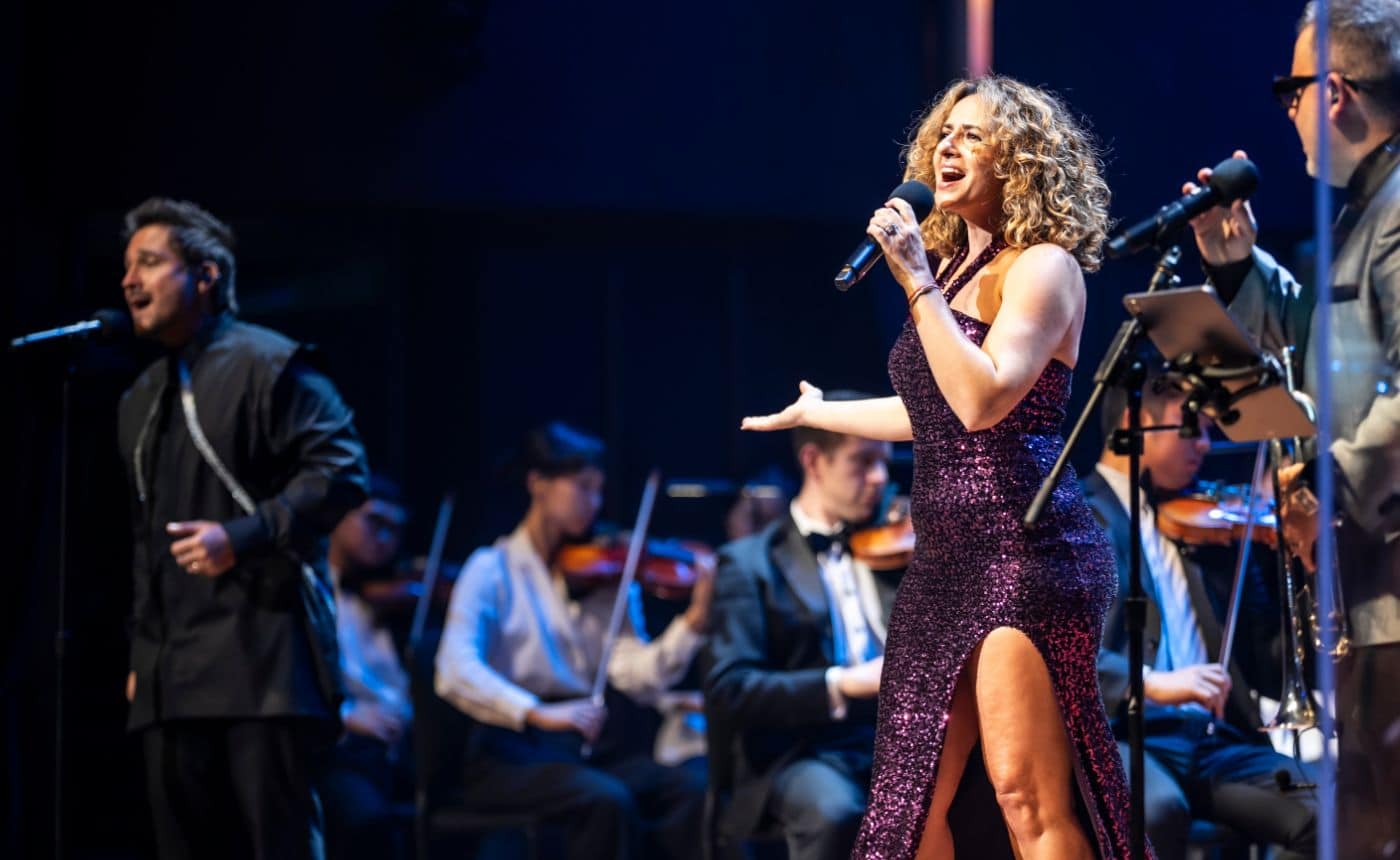Schubert – Symphony No. 8 in B Minor, D. 759 (“Unfinished”)
by Jeff Counts
Instrumentation: 2 flutes, 2 oboes, 2 clarinets, 2 bassoons, 2 horns, 2 trumpets, 3 trombones, timpani, strings
Duration: 25 minutes in two movements.
THE COMPOSER – FRANZ SCHUBERT (1797-1828) – A nearly unimaginable profusion of art songs made Schubert an important part of Viennese musical life at the beginning of the 1820s. He also wrote chamber music, an opera, a mass and a symphony during this period, even though his productive work ethic was at constant odds with his unhealthy personal routines. Put mildly, meals comprised solely of black coffee and pipe smoke do not a long life make.
THE HISTORY – It is interesting, and perhaps essential, to recall that Schubert’s famous “unfinished” symphony was first an “unremembered” symphony. We know very little about why the composer didn’t complete the score but we do have some idea about what happened to it after he set it aside in 1822. It is presumed that Schubert gave the two-movement score to Josef Hüttenbrenner as a gift for his brother Anselm. Anselm Hüttenbrenner was president of the Styrian Music Society in Graz. He awarded Schubert with an Honorary Diploma in 1823 and, furthering the above presumption, the symphony movements where offered as thanks. For reasons that remain unclear, the score was then shelved and not given another glance by either Schubert or Anselm. Josef apparently rediscovered it in 1860 and realized (finally) that he held a little miracle in his hands. He approached the conductor Johann von Herbeck with assurances of a “treasure” on par “with any of Beethoven’s” and after another inexplicable delay of five years, Schubert’s “Unfinished” Symphony had its premiere in 1865. Why Schubert abandoned the project in the first place is now a matter of pure conjecture. Some say he saw too much of Beethoven in it and did not want to seem derivative. Others posit that the sketches of the third movement scherzo were evidence that he had simply run out of creative steam in this case. Ranging even farther afield, the shortness of Schubert’s life might be massaged into support for the notion that he was simply out of time. Not true. He was still six years from death and he continued to compose often and well. Without certainty as to why Schubert didn’t finish the B Minor Symphony, we are left to accept and cherish it as is.
THE WORLD – Brazil declared its independence from Portugal in 1822. Also that year, Jean-Francois Champollion used the Rosetta Stone to finally break the encryption of Egyptian hieroglyphs and Charles Babbage first proposed his “difference engine” precursor to modern computers.
THE CONNECTION – The “Unfinished” was last performed on Masterworks program back in 2009. Thierry Fischer was on the podium.











